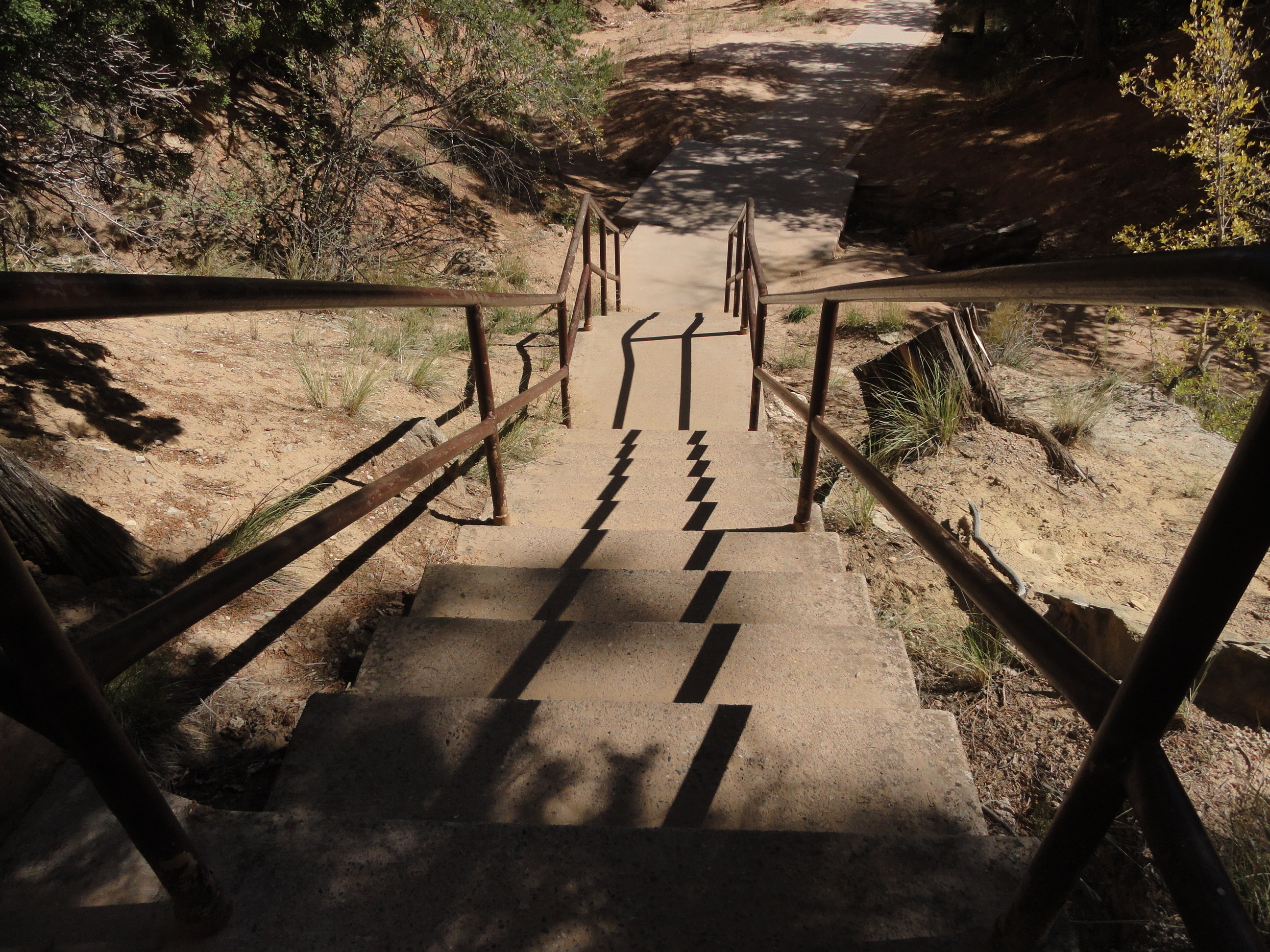
Joyce Fetteroll:
Unschooling is a whole way of life not a method. That might sound like a quibble but it gets to the heart of why unschooling is different than other ways of homeschooling.
Homeschooling has a particular destination that the parents want to get the kids to. The destination depends on the method and the parents. (A typical destination is preparation for college.)
Unschooling is about helping kids be who they are and to grow into who they'll become. The destination is wherever the kids end up. It isn't predetermined by the parents. Our job is to support who they are and open the world up to them so they have opportunities to expand their interests.
—Joyce Fetteroll
photo by Joyce Fetteroll
of a lizard on a rock
in New Mexico
in January






